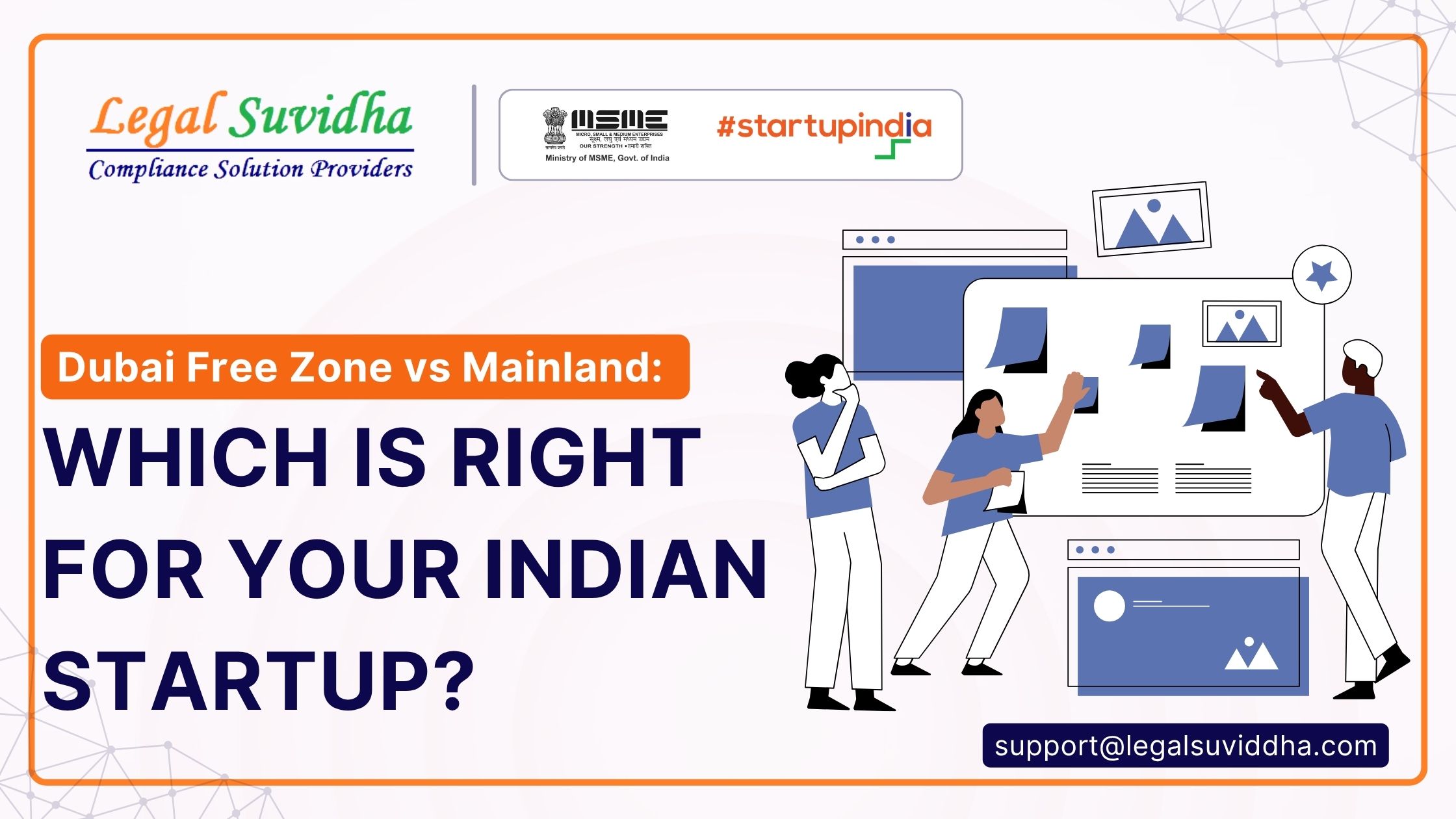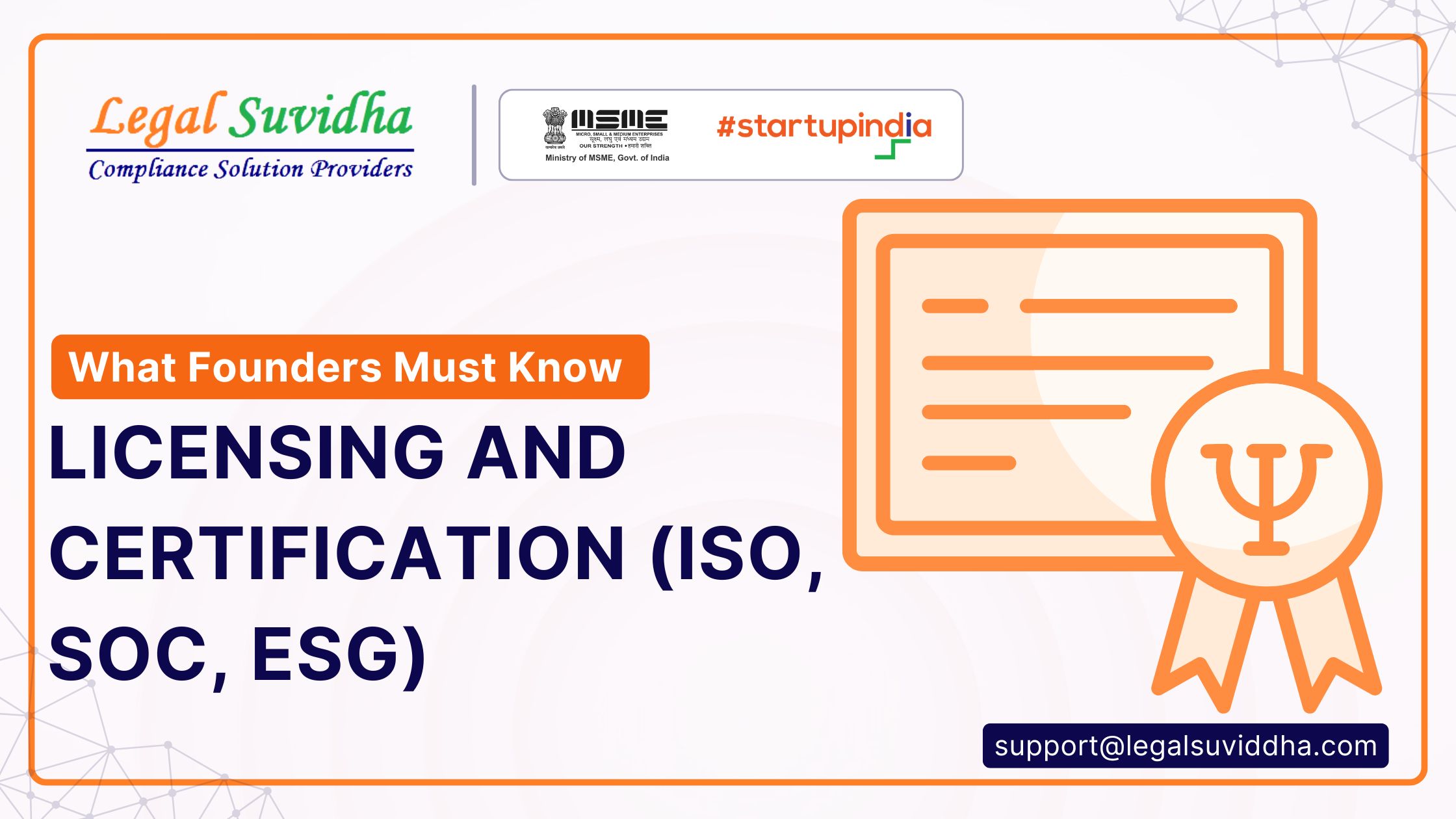Legal Framework of Collective Bargaining in India: An Overview
- Collective bargaining is a crucial aspect of labor relations that allows workers to negotiate with employers for better wages, working conditions, and benefits.
- In India, the Industrial Disputes Act, 1947 (IDA) is the primary legal framework governing collective bargaining.
- The IDA defines collective bargaining as a negotiation process between employers or groups of employers and representatives of trade unions or groups of unions to reach an agreement on employment terms and conditions.
- The IDA allows for the resolution of disputes related to employment conditions or any industrial matter through a conciliation officer, board of conciliation, or labor court.
- Trade unions seeking recognition must submit an application to employers under the IDA, who must respond within three months.
- The Trade Union Act, 1926, allows for the registration of trade unions in India, granting them the right to undertake collective bargaining on behalf of their members.
- The Constitution of India recognizes the right to form associations and unions as a fundamental right under Article 19(1)(c), subject to reasonable restrictions in the interest of public order, morality, or health.
- The legal framework of collective bargaining in India provides a comprehensive structure for workers to engage in collective bargaining while ensuring the protection of their rights and interests.
Understanding the Collective Bargaining Process in India
Collective bargaining is a process in which workers, through their representatives, negotiate with employers for better wages, working conditions, and other benefits. In India, the collective bargaining process is primarily governed by the Industrial Disputes Act, 1947 (IDA).
The collective bargaining process in India involves several stages, including:
- Formation of a Trade Union: To undertake collective bargaining, workers first need to form a trade union or join an existing one.
- Demand for Collective Bargaining: Once a trade union is formed, it can demand collective bargaining with the employer or employers’ organization. The demand must be in writing and should specify the issues that need to be addressed.
- Appointment of a Negotiating Team: The employer or employers’ organization appoints a negotiating team to represent them during the bargaining process. The negotiating team should have the authority to make decisions on behalf of the employer or employers’ organization.
- Commencement of Collective Bargaining: The actual collective bargaining process begins with a meeting between the negotiating teams of the workers and the employer or employers’ organization. The parties negotiate in good faith to reach an agreement on the issues specified in the demand.
- Settlement of Disputes: If the negotiations fail to produce an agreement, the parties can resort to conciliation or mediation. A conciliation officer or mediator is appointed to help the parties reach a settlement. If conciliation or mediation fails, the dispute can be referred to a board of conciliation or a labor court for adjudication.
- Implementation of Agreement: If an agreement is reached, it is binding on the parties, and they must implement it in good faith.
Overall, the collective bargaining process in India provides workers with a mechanism to negotiate with employers for better working conditions and wages. The process ensures that workers’ rights are protected and helps maintain industrial harmony.
Collective Bargaining and the Gig Economy in India
- The gig economy is rapidly growing in India, with an estimated 56 million gig workers in the country.
- However, gig workers often have uncertain or limited collective bargaining rights.
- Gig workers are often classified as independent contractors, which means they are not considered employees and are not covered under the Industrial Disputes Act, 1947 (IDA).
- As a result, they are not entitled to the same protections and benefits as regular employees, including the right to form trade unions and engage in collective bargaining.
- In recent years, there have been efforts to extend collective bargaining rights to gig workers.
- The Indian government proposed a new labor code in 2020 that would recognize gig workers as employees and provide them with benefits such as social security, health insurance, and the right to form unions and engage in collective bargaining.
- Some gig economy platforms, such as Ola and Uber, have set up mechanisms for collective bargaining with their drivers.
- These mechanisms allow drivers to form associations and negotiate with the companies on issues such as pay, working conditions, and incentives.
- Despite these developments, there are still significant challenges in extending collective bargaining rights to gig workers in India.
- Many gig workers are not aware of their rights, and some platforms continue to classify them as independent contractors, denying them employee status and the associated benefits.
The Future of Collective Bargaining in India: Opportunities and Challenges
- Collective bargaining in India has come a long way since its inception, and it continues to evolve.
- The future of Bargaining power in India presents both opportunities and challenges.
- One opportunity is the increasing awareness and recognition of workers’ rights and the need for Union negotiations to ensure fair treatment.
- Another opportunity is the growth of the gig economy, which has the potential to provide more flexible employment opportunities but also presents challenges for collective bargaining rights.
- However, there are also significant challenges in the future of collective bargaining in India.
- The COVID-19 pandemic has had a severe impact on the economy, leading to job losses and wage cuts, which could weaken the bargaining power of workers.
- The rise of automation and digital technologies could also lead to job displacement and further challenges for collective bargaining.
- Additionally, there are ongoing issues with enforcement and compliance with labor laws and agreements, which can undermine the effectiveness of collective bargaining.
- To address these challenges and capitalize on opportunities, there is a need for greater awareness and education on workers’ rights and collective bargaining, stronger enforcement mechanisms, and greater collaboration between workers, employers, and the government.
- There is also a need for more innovative approaches to collective bargaining, such as leveraging technology to facilitate negotiations and communication between workers and employers.
- Overall, the future of collective bargaining in India will depend on how well the country can address these challenges and seize opportunities to strengthen workers’ rights and promote fair labor practices.
Case Study: Tata Motors and the Singur Land Dispute
- In 2006, Tata Motors planned to build a Nano car factory in Singur, West Bengal.
- The West Bengal government acquired 997 acres of land for the factory, but farmers and local residents protested, saying it was done without their consent and would lead to displacement and loss of livelihoods.
- The Singur Krishi Jami Raksha Committee was formed by the farmers to fight for their rights.
- The dispute sparked a political controversy, and legal proceedings were initiated by the farmers and residents.
- In 2011, the Supreme Court of India ruled that the land acquisition was illegal and ordered the land to be returned to the farmers.
- The Tata Motors factory never became operational in Singur, and the company eventually relocated the factory to Sanand, Gujarat.
- The dispute had significant implications for both Tata Group and the West Bengal government in terms of reputational and financial losses.
- The case highlights the importance of effective stakeholder engagement and the need for a fair and transparent land acquisition process.
- It also underscores the role of the legal system in resolving disputes and protecting the rights of affected parties.
- The case study provides valuable lessons for companies and governments on the importance of responsible business practices and stakeholder engagement.
Case Study: Maruti Suzuki and the Manesar Plant Violence
- In 2012, a violent incident took place at the Manesar plant of Maruti Suzuki, resulting in the death of a senior HR executive and injuries to several others, including managers and workers.
- The incident was sparked by a dispute between the management and workers over the formation of a new union at the plant. The management rejected the workers’ demand for a new union, which led to a strike and a subsequent lockout.
- During the lockout, a group of workers attacked the management officials, resulting in the violent incident. This highlighted the long-standing issues of worker-management relations and labor rights in India.
- The incident was widely covered by the media, leading to calls for the government and stakeholders to take action to prevent such incidents from happening again in the future.
- The incident also had severe financial implications for Maruti Suzuki, with a significant decline in the company’s market share and financial performance.
- The incident highlighted the need for better worker-management relations and effective grievance redressal mechanisms. It also underscored the importance of responsible business practices and the need for companies to ensure that workers’ rights are protected and respected.
- In response to the incident, Maruti Suzuki and other companies in the automobile sector have taken steps to improve worker-management relations and address workers’ concerns.
- The incident led to a review of labor laws in India, with the government proposing several amendments to provide better protection for workers’ rights.
- The Manesar plant violence serves as a reminder that labor relations and workers’ rights are critical issues that need to be addressed by companies and the government to ensure sustainable and responsible business practices.
If You have any query then connect with us at [email protected] or you can contact us & stay updated with our latest blogs & articles.








